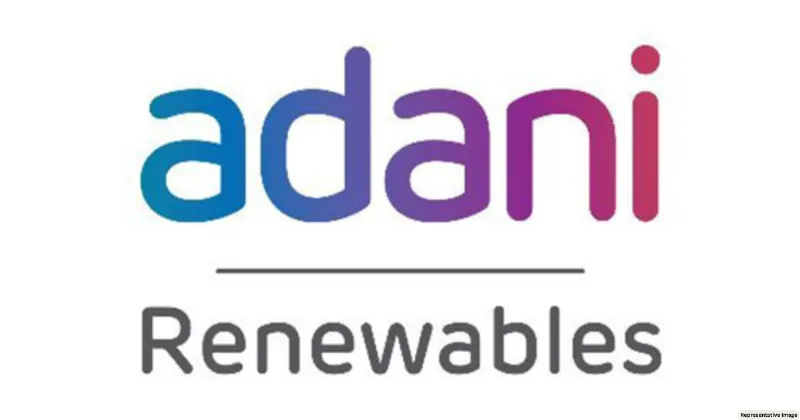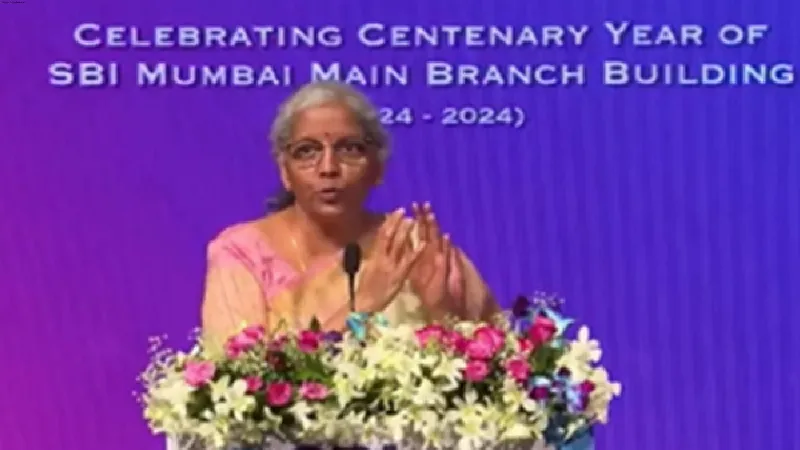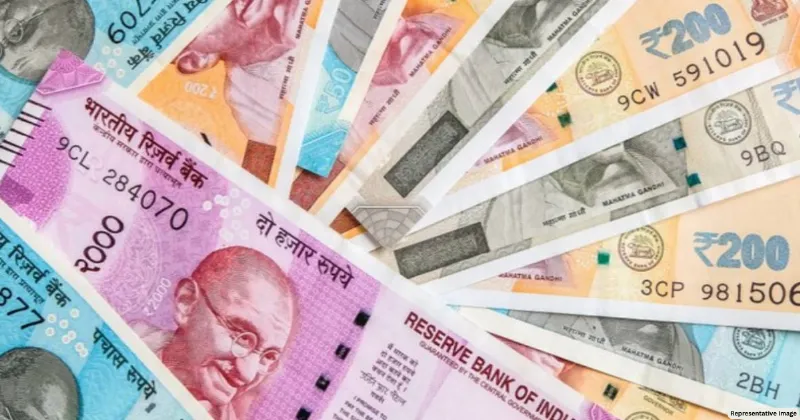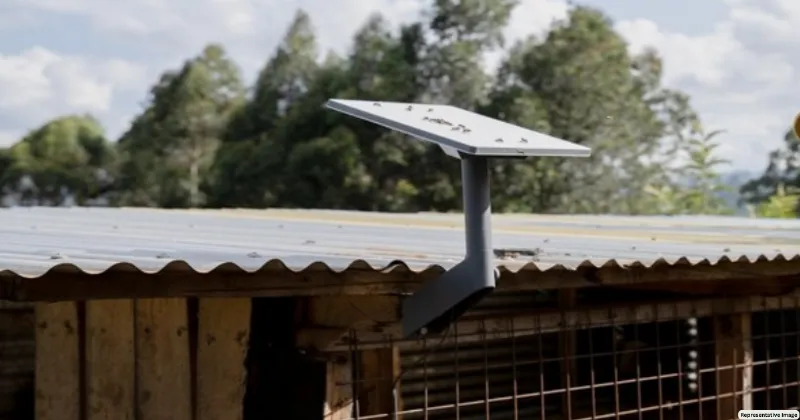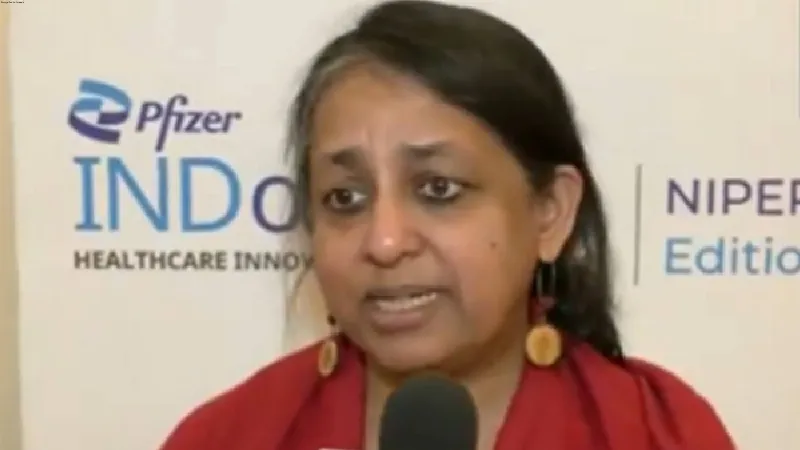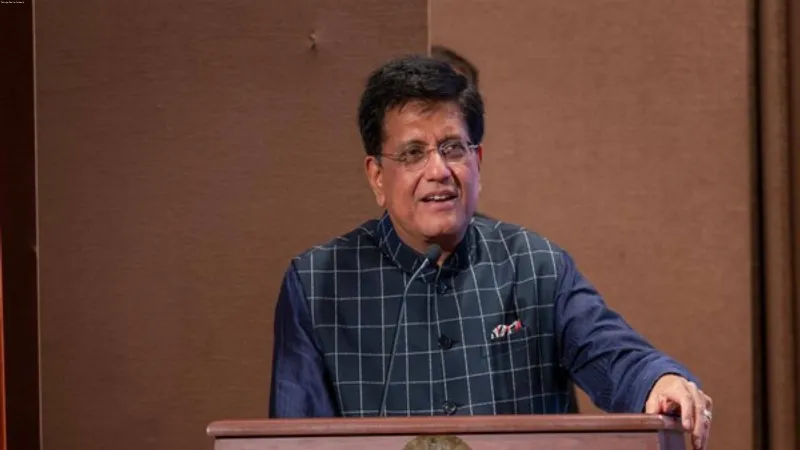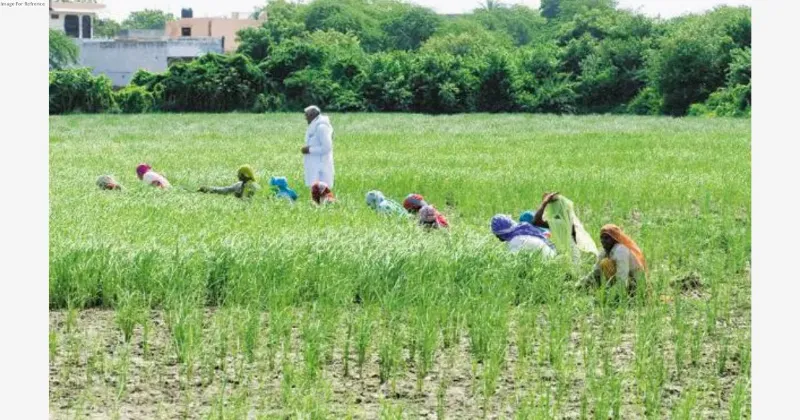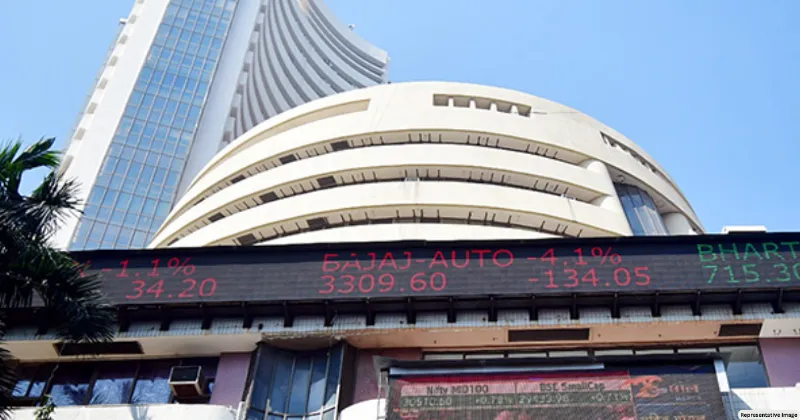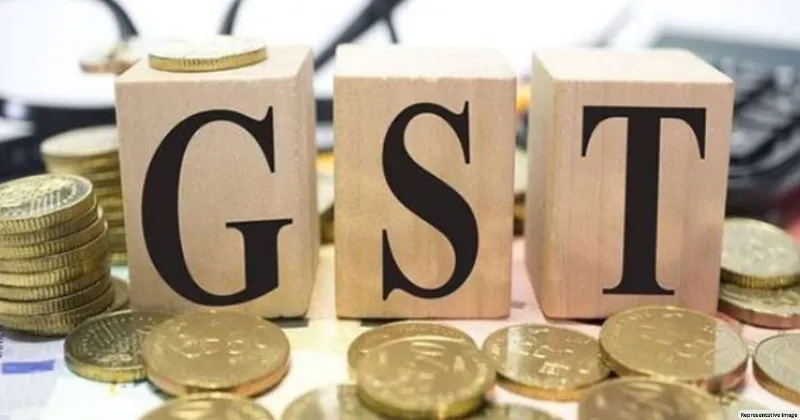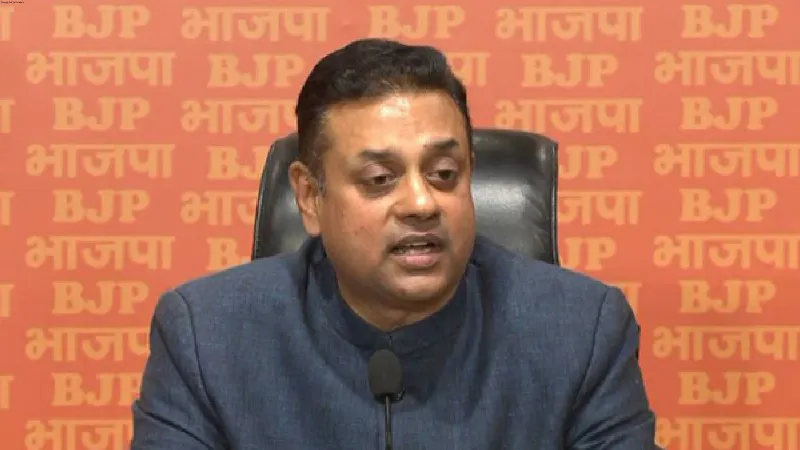Latest News
Experts to deliberate India's circular economy for sustainable planet on Friday

Mumbai: Experts from across the spectrum will deliberate on promoting a 'Circular Economy' for a sustainable planet here on Friday (November 11) that has the potential to reduce India's trade deficit in bulk minerals and ores by 5 billion US dollar.
The interactive session is organized by MVIRDC World Trade Center Mumbai - an international trade promotion organization in Mumbai along with the All India Association of Industries. Experts include eminent professionals from corporate houses, start-up enterprises, IIT Bombay and consultancy organizations to discuss the roadmap for India's transition to a circular economy from a linear economic development model, an official statement said on Tuesday.
Panelists include Ajay A. Deshpande, Adjunct Professor, IIT Bombay, Ulhas Vinayak Parlikar, Global Consultant, Waste Management, Circular Economy, Tejashree Joshi, Head, Environmental Sustainability, Godrej & Boyce Mfg. Co. Ltd., Shilpi Kapur, Vice President, Environmental Management Centre Pvt. Ltd. and Arpita Kalanuria, Founder-Director, AmpleEarth Packaging & Systems Pvt. Ltd.

A linear economy is one where goods are produced, consumed and disposed as waste at the end of their life.
On the other hand, in a circular economy, these goods are designed and produced so that they can be reused, refurbished, re-manufactured or recycled at the end of their life, thereby preventing waste generation.
The circular economy will be beneficial for the industry, and the environment as well as in promoting economic growth and employment creation. While the industry will benefit in terms of reduced cost of operation due to the use of recycled raw materials, this model will save the environment by preventing the dumping of waste in landfill and it will also generate employment in several emerging sectors.
"We need to adopt circular approach at the production side through innovative design and manufacturing techniques to increase the durability and recyclability of products. Circular economy can solve most of our challenges, ranging from rising trade imbalance to high input costs and environment pollution," said Rupa Naik, Executive Director, MVIRDC World Trade Center Mumbai, in the statement.
Moreover, India's net import of bulk minerals and ores stood at more than USD 5 billion in 2021-22 and a circular economy can reduce the nation's trade deficit by reducing import dependence in this segment, Naik added.
Ongoing COP27 summit:
The 27th session of the Conference of the Parties of the UNFCCC or COP 27 is currently underway at Sharm El-Sheikh in Egypt from starting November 6 till 18 in an effort to build on previous successes and pave the way for effectively tackling global climate change.
This year's COp27 summit will be even more crucial in the backdrop of several extreme weather events -- typhoons in Bangladesh, unprecedented floods in Pakistan, heatwaves in Europe, wildfires in North America, dry rivers in China, and droughts in Africa.
What did India pledge at COP26 held in 2021?
At the COP26 summit in Glasgow in late 2021, India committed to an ambitious five-part "Panchamrit" pledge, including reaching 500 GW of non-fossil electricity capacity, generating half of all energy requirements from renewables, to reduce emissions by 1 billion tons by 2030.
India also aims to reduce the emissions intensity of GDP by 45 per cent. Finally, India commits to net-zero emissions by 2070.
Walking the talk, India has gone ahead and banned the use of several single-use plastics starting July 2022.
The adverse impacts of littered single-use plastic items plastic on both terrestrial and aquatic ecosystems, including in marine environments are globally recognized. (ANI)

